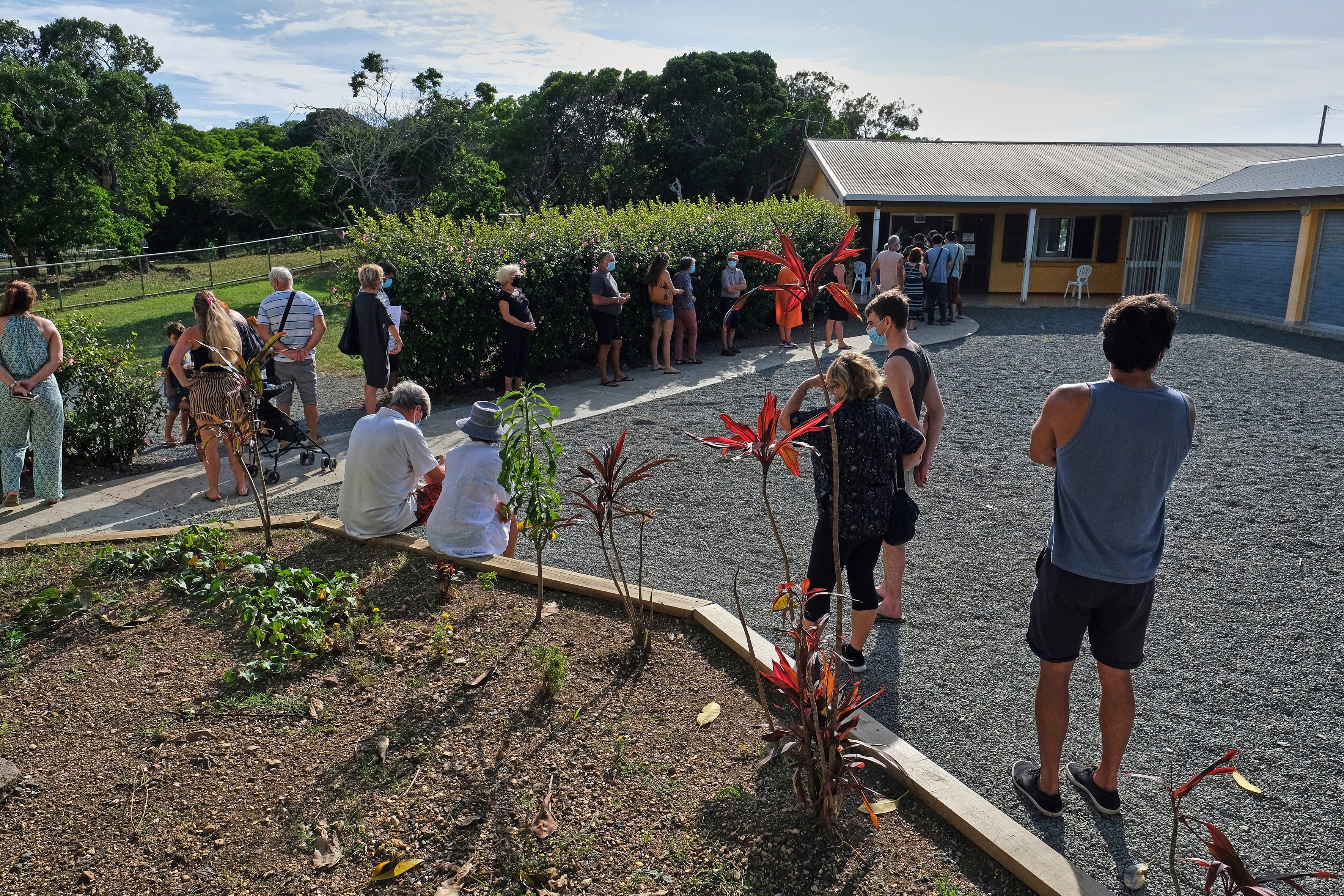New Caledonia votes against independence from France in referendum
The vote has angered pro-independence leaders who claim the vote should have been delayed

New Caledonia — an archipelago in the South Pacific — has rejected independence from France in a referendum.
French president, Emmanuel Macron announced in a televised address that: “Caledonians have chosen to remain French. They decided that freely.”
The provisional results of the vote revealed that an overwhelming 96.5 per cent said “no” to independence from Paris.
In the two previous polls in 2018 and 2020, the percentage of Caledonians who had voted “no” was 57 per cent and 53 per cent, respectively.
The dominant sentiment among the indigenous Kanak population of the region is independence. But on Sunday, turnout was just 44 per cent after leaders of the independence movement called for a voting boycott.
Kanaks had asked the French government to conduct voting in September next year because of a 12-month mourning period following the surge in coronavirus infections in the region.
Meanwhile, Mr Macron said that “We can’t ignore that the electorate remained deeply divided over the years. A period of transition is now starting.”
New Caledonia’s Congress president, Roch Wamytan, a pro-independence leader, said he regretted that the French government went ahead with the polls despite their calls for postponement.
He told Franceinfo radio: “This referendum, for us, is not the third referendum. We consider that there are only two legitimate referendums. 2018 and 2020. This referendum is the referendum of the French state, not ours.”
New Caledonia lies east of Australia and was colonised by the French in the 1850s. Locals were asked to vote yes or no to the question: “Do you want New Caledonia to achieve full sovereignty and become independent?”
Caroline Gravelat, a public law professor at the University of New Caledonia said that the potential independence of New Caledonia “raises the question of the already very strong Chinese influence in Oceania, a major subject of concern for Western partners.”
Subscribe to Independent Premium to bookmark this article
Want to bookmark your favourite articles and stories to read or reference later? Start your Independent Premium subscription today.

Join our commenting forum
Join thought-provoking conversations, follow other Independent readers and see their replies